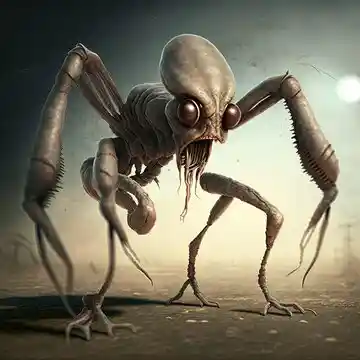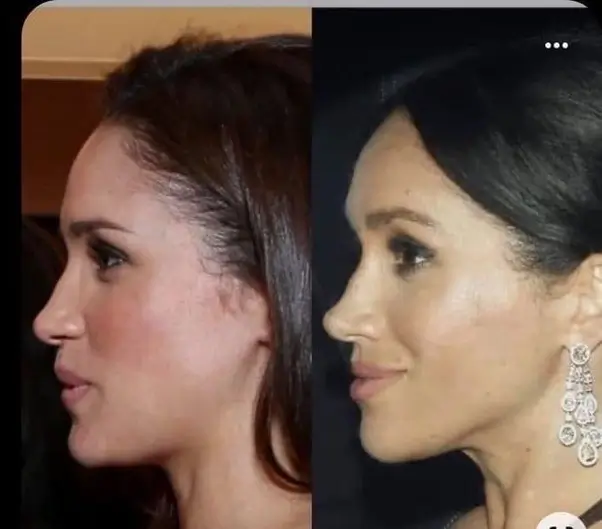A number of experts and previous studies believe aliens would look a lot like us. But others say they could be more ‘jellyfish-like’, or even akin to shrimp on Earth.
Closer to home, if alien life does exist on Mars, Jupiter’s moon Europa or Saturn’s satellites Enceladus or Titan, it is likely to be somewhat anti-climactic because it would probably just be ‘scum-like’ microbes.
Meanwhile, some experts have hope that something slightly more interesting like aliens could exist in our solar system.

As one scientist put it, the reason is ‘simple physics, plus competition for food and the need to escape predation will favour organisms with similar body plans to those that are successful on Earth‘.
Professor David Rothery, of the Open University, said it would probably be ‘invisible to the unaided eye if you are trying to see an individual’.
‘It could well be “like a scum or a stain on the rocks of an ocean floor or a discolouration in the surface ice if there is a colony,”‘ David Rothery told DailyMail.

There may be larger organisms that have evolved to browse on the microbes,’ he said, ‘but crab-like, shrimp-like and squid-like beasties in Europa’s ocean are probably too much to hope for.’
NASA also believes that on Jupiter’s icy moon, ‘the best chance for life would be microbial’.
US space agency scientists have previously studied an ‘extreme shrimp’ ecosystem in the Caribbean to find clues about what life could be like on other planetary bodies such as Europa, which has a subsurface ocean and may have similar creatures.
Professor Andrew Coates, of University College London, thinks any life forms in our solar system would be ‘simple, single cell’.

‘But we won’t know until we find it,’ he added, ‘and the hunt is on with missions like Rosalind Franklin [the UK-built Mars rover due to launch in 2028].’
That’s near Earth though. Surely there are more mind-bending and endless possibilities in distant galaxies?
Astronomer Michael Garrett, a professor at Manchester University, thinks ‘we might be in for a shock’.
He told DailyMail: ‘I think the way complex life might appear will depend a lot on the environment within which it evolves.’
For example, a more massive planet where the force of gravity is strong might favour life forms that are quite squat and muscular, while a less massive planet (where the force of gravity is weaker) might suit the evolution of complexities that are more delicate and potentially quite spindly and tall.’
Professor Garrett also said that if the world had a low density atmosphere, it may have ‘life forms with wings of enormous scale’.
‘Or if your star is a red giant, you might find life with eyes that are much more sensitive and larger than ours,’ he added.
‘Anyway, I’d be prepared for something very different that might be quite shocking at first but we’d hopefully soon get over that and begin to also see some similarities.’
Professor Garrett is one of a number of scientists who think human-like aliens are also a possibility.
‘Intelligent life like humans would presumably have relatively big brains, and have limbs and flexible digits that can record history and advances in knowledge that can then be passed on from one generation to the next, always building on what has gone before,’ he said.












